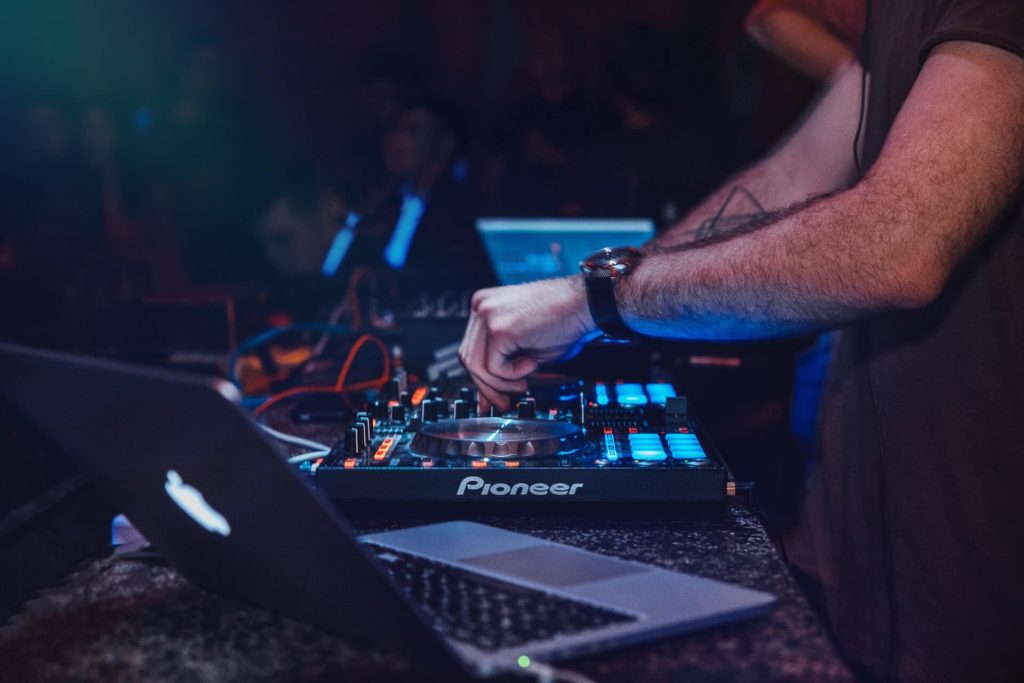Being a DJ is more than just standing behind decks and pressing play. It’s about reading a crowd, creating energy, and turning ordinary nights into memories that last a lifetime. DJs are the pulse of Australia’s music culture from backyard parties and weddings to nightclubs, corporate events, and major festivals. The right mix at the right moment can unite a room full of strangers, bring people to their feet, and leave them smiling long after the last song fades.
But behind the fun and flashing lights is a serious business. DJs are entrepreneurs, entertainers, and technicians all rolled into one. You’re managing bookings, transporting expensive gear, dealing with contracts, and often working in unpredictable environments where crowds, venues, and weather can all throw surprises. While the spotlight shines on the art of performance, the reality is that running a DJ business comes with risks and without the right protection, those risks can quickly turn into setbacks.
Think about the tools you rely on. Laptops, mixers, decks, speakers, lights. This equipment is worth thousands of dollars and is the lifeblood of your work. If it’s stolen from your car, damaged at a gig, or fried by a power surge, replacing it out of pocket could set you back months. Now think about the environment you perform in. Venues are crowded, cables run across floors, drinks get spilled, and excited guests dance where they shouldn’t. All it takes is one person tripping on your gear to trigger a costly liability claim.

